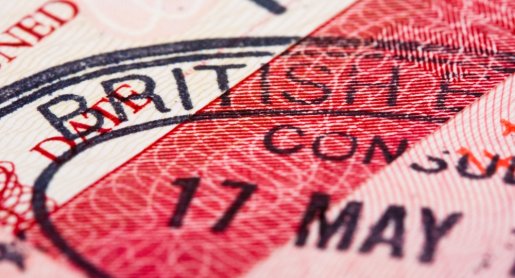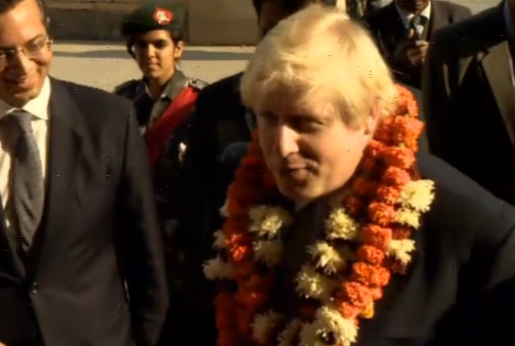Hundreds of Syrian students in the UK face being deported before they complete their studies after many have seen their funding withdrawn due to the crisis in their home country. This has left their university fees unpaid, and the possibility of early expulsion from their courses.
There are 670 Syrian students in the UK, all facing the very real possibility of being thrown off their courses and forced to move back to Syria. There are a number of reasons why the payment of fees for Syrian students has become all but impossible.
The Syrian Ministry of Higher Education was funding a large proportion of the students in the UK, but, with the government in turmoil, has since stopped payment of their fees. What's more, any funding that does reach the UK must be processed by the Syrian Embassy, which is now effectively non-existent after a number of defections and expulsions.
Even those students who were funding themselves are now struggling to pay the fees after the Syrian currency (the lira) collapsed and sanctions on Syrian banks make transferring money almost impossible.
All this adds up tuition fees being left unpaid, which has led to a number of universities threatening to expel their Syrian students. The University of Edinburgh is one notable exception- telling their students that they do not face expulsion given the circumstances.












